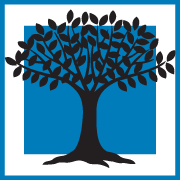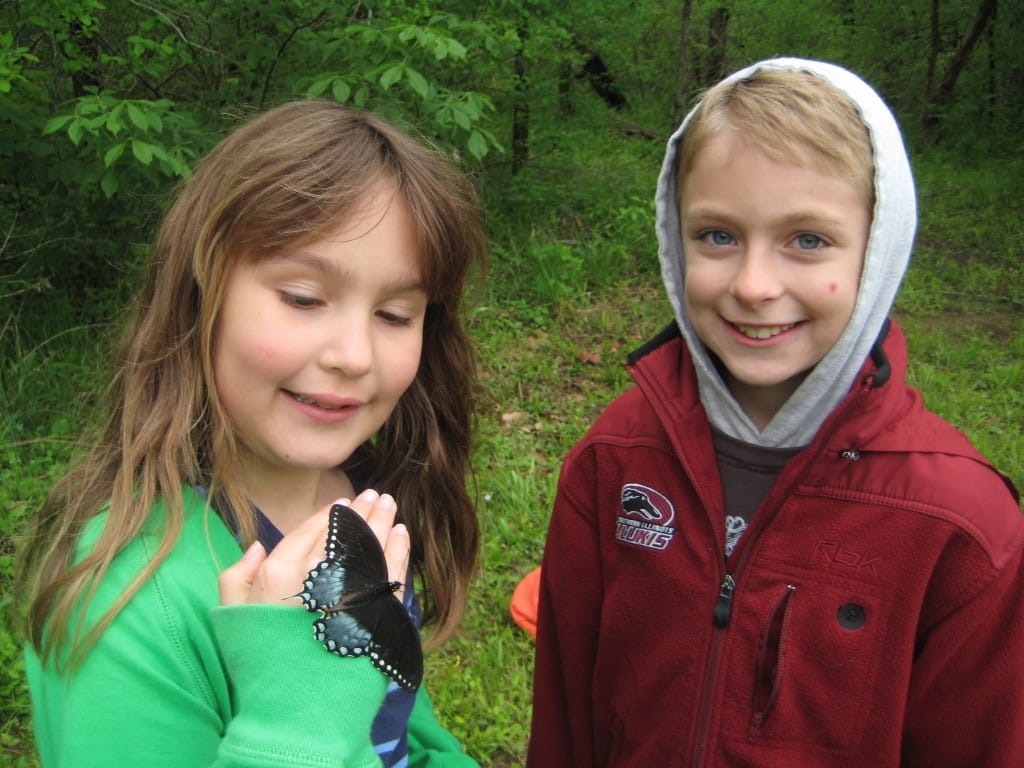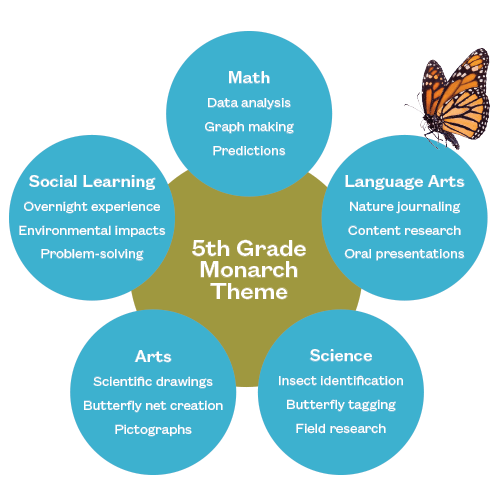Defining Experiential Education
At The College School, experiential learning is not separate from a rigorous academic program: they are one and the same. It is through experiential education—learning through experience—that students master academic and personal skills. Students learn core subjects and critical life lessons through hands-on, thematic learning experiences. Lessons are taught both individually and within integrated thematic projects; this approach makes learning meaningful and makes lessons stick. Whether it’s activities happening between grade levels or across subjects, we know teaching interdependence helps link curriculum to real life experiences.
Direct Experience
Mastery of the academic disciplines begins with direct experiences. Kindergartners hike in the woods; 1st Graders make maple syrup; 3rd Graders build a model community; 5th Graders tag Monarch butterflies; 8th Graders conduct chemistry experiments in local streams. Direct and authentic personal lessons happen in our classrooms, on our LaBarque Campus, and on our Adventure Education trips and experiences.
Reflection
After the experience, significant and important time is spent reflecting. Students need to unpack and process what they have learned. They discuss, journal, paint, and create in order to crystallize and share the important academic and personal lessons they have learned. The reflection on the experience is as important as the experience itself.
Application
After reflection, the important third step of application and transference happens. When a direct experience with rock climbing teaches the personal skill of perseverance or the academic skill of perspective writing, students then apply the acquired skills to other projects and other situations. With the application, students are always building upon, practicing, and more deeply understanding what they have learned.




